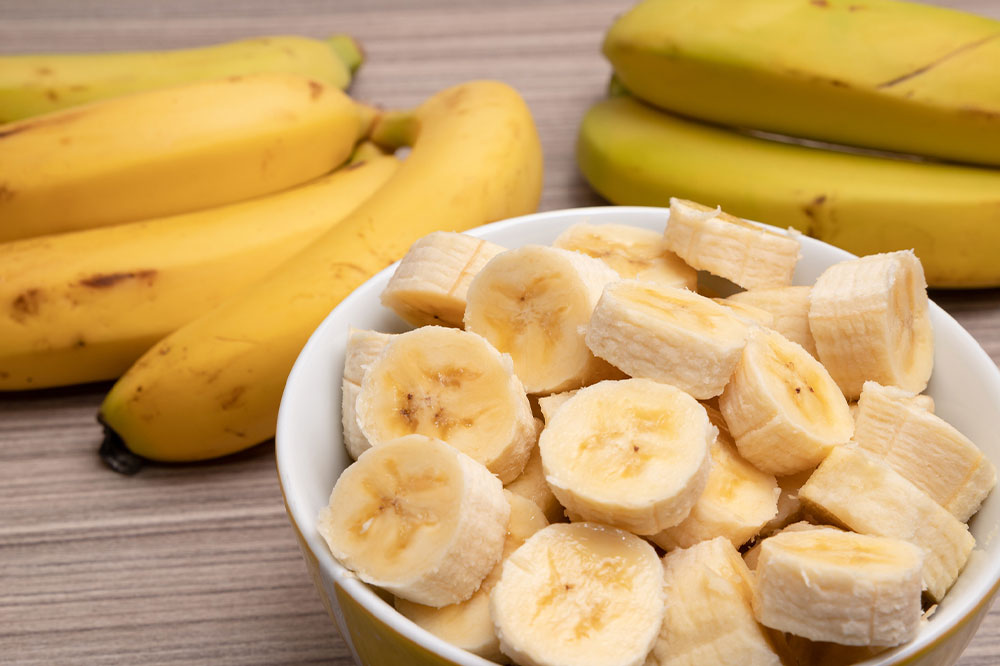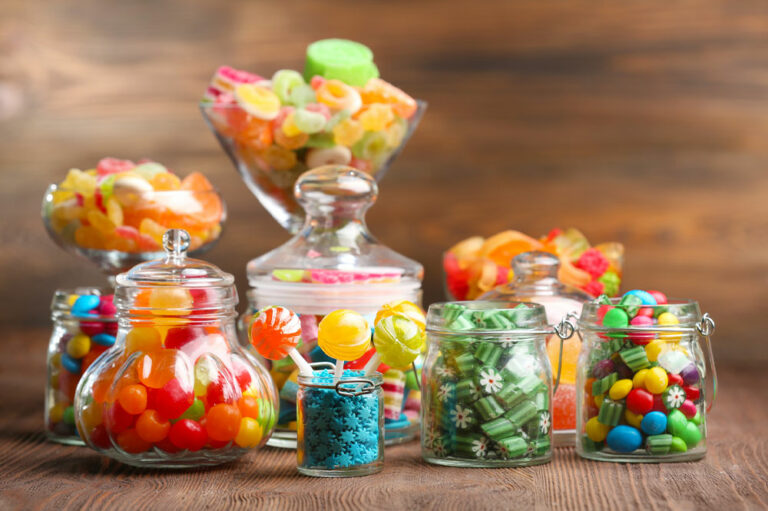
Foods to Eat and Avoid for Optimal Kidney Health
Kidneys help filter waste from the blood and dispose of it off the body via urine. They also help balance the electrolyte and fluid levels in the body. But, conditions like high blood pressure and diabetes may intervene with their ability to work as required. Furthermore, damage to the kidney might also result in chronic kidney disease. Hence making changes in your meal plan is a vital aspect of treatment.
You can prevent damage to these organs by following a kidney-healthy meal plan. Below, we will address some foods to eat and avoid for better kidney health.
Foods to eat
Cauliflower
Cauliflower is a nutritious vegetable. It’s an excellent source of folate, Vitamins B, K, and C. It’s rich in anti-inflammatory compounds like indoles, a fiber source. In addition, you can use mashed cauliflower as a replacement for potatoes. For example, a cup of cooked cauliflower has 40 mg of phosphorous, 176 mg of potassium, and 19 mg of sodium.
Sweet potatoes
They are relatively similar to white potatoes but have more fiber content, resulting in them breaking down more gradually. Hence, you will experience a less spike in insulin levels. Sweet potatoes are also rich in vitamins and minerals like potassium that help balance the sodium levels in the body and lower their impact on the kidneys. But, since sweet potatoes have a high potassium content, people on dialysis or those with CKD should curtail the intake of this vegetable.
Red bell peppers
They are rich in flavor and low in potassium, but that is not the sole reason they are considered a hit among people with kidney disease . Red bell peppers have Vitamin C and A sources and are also high in fiber, folic acid, and B6 vitamin content. In addition, red bell peppers are also suitable because they have lycopene, an antioxidant that shields against some cancers. You can eat them raw with a dip, mix them into your salad, or enjoy them as an appetizer. Some people also like roasting bell peppers and using them as a topping for lettuce salads or sandwiches.
Olive oil
It contains healthy fat and has anti-inflammatory properties. Since it is monosaturated fat, it stays stable even at higher temperatures as you cook. Thus, switching to extra virgin olive oil can give you more antioxidants while you still enjoy your favorite dish.
Green vegetables
Leafy veggies like spinach, kale, romaine, arugula, and cabbage are hydrating, low in calories, and have high antioxidant and vitamin content. If you wish to be cautious about your mineral levels, you must opt for cabbage and arugula, which are nutrient-rich and lower in sodium, potassium, phosphorous, and calcium. In addition, kale and spinach have a high potassium content, which is ok for people seeking to improve their kidney health, but best for those already dealing with chronic kidney disease.
Blueberries
They are called superfoods because they are rich in antioxidants and are a low-calorie Vitamin-C and fiber source. You can stock them in abundance from your local grocery store or farmer’s market. You can also shop for frozen berries in the off-season and enjoy healthy smoothies. People with kidney diseases can also eat other berries like raspberries, cranberries, and strawberries.
Apples
Apples are low in potassium and rich in fiber when you eat them with peel. They also have a natural anti-inflammatory effect and are ideal for your kidneys.
Foods to avoid
Soda
Soda has zero nutritional benefits and instead has high sugar content. It only adds to the extra calories. Some studies link high soda consumption to conditions like kidney disease, osteoporosis, dental problems, and metabolic syndrome. If you opt for their lower calorie alternative like coke zero, even that will do you no good, as it has no nutritional value and contains artificial sweeteners and additives. Hence, you must omit soda and opt for healthy beverages like water. If you do not enjoy plain water, add a slice or two of fresh fruit for added flavor.
Avocados
Avocadoes are known for their many nutritious qualities. They are rich in antioxidants, fiber, and heart-healthy fats. Even though consuming avocado is often considered healthy, people with kidney disease must avoid it as avocados have a high potassium content. An average-sized avocado has about 690 mg of potassium. If you love the taste and do not want to eliminate it, you can reduce the portion size to only 1/4th of the avocado. In addition, it will lower potassium intake.
Salty foods
Sodium or salt is one of the most prevalent inclusions in foods you consume daily. However, their density is higher in processed foods. Salt results in water retention and may cause blood pressure, lung, and heart disease. Healthy kidneys work towards maintaining the correct fluid balance in the body. So, if your kidneys do not function as desired, the fluid balance may be disturbed. Hence, you must curtail sodium-rich foods like processed foods, packaged items, and soy sauce. When cooking meals at home, opt for low-sodium alternatives. You can replace salt with spices and herbs and keep the salt shaker off the table.
Dairy
Dairy products like yogurt, cheese, ice cream, and milk are rich in protein, calcium, and other vital nutrients. They also contain potassium and phosphorous. People with stage three kidney disease might want to curtail their potassium, phosphorous, and protein intake, which is high in dairy. So, you can instead reach out for dairy alternatives like rice, soy, or almond milk as they have lower potassium, phosphorous, and protein content than cow’s milk.
Bananas
Though naturally low in sodium, bananas’ potassium content is significantly high. So, to ensure your kidney disease does not aggravate, monitor your potassium intake, and it might be challenging if the banana is your staple.
Conclusion
Whatever you eat or drink will affect your health regardless of any health issue. Therefore, maintaining a healthy weight and following a balanced meal plan are prerequisites to staying fit and controlling blood sugar levels. A kidney-healthy meal plan is less about eliminating certain foods but following portion control and finding a balance of proteins, carbohydrates, and fats.





